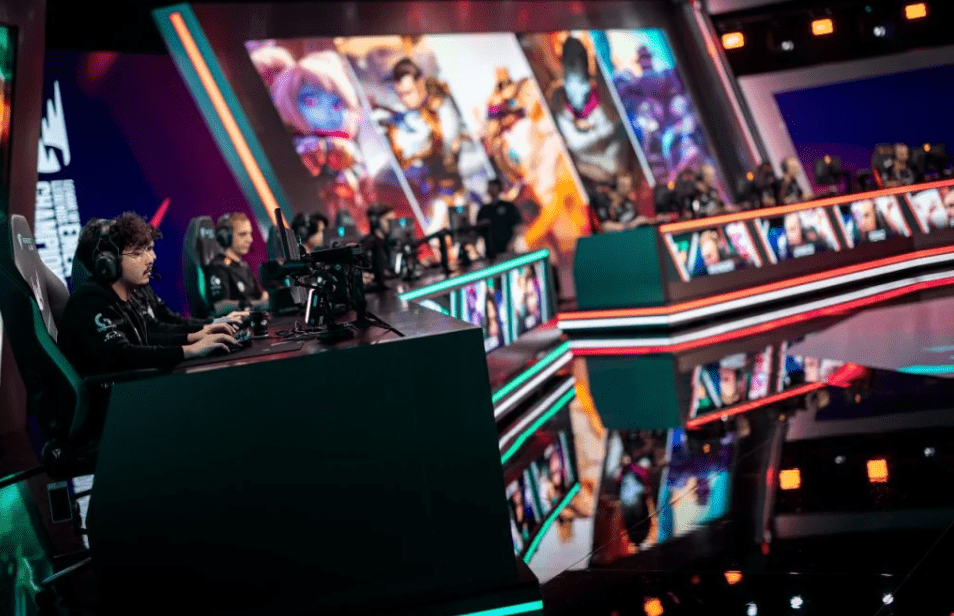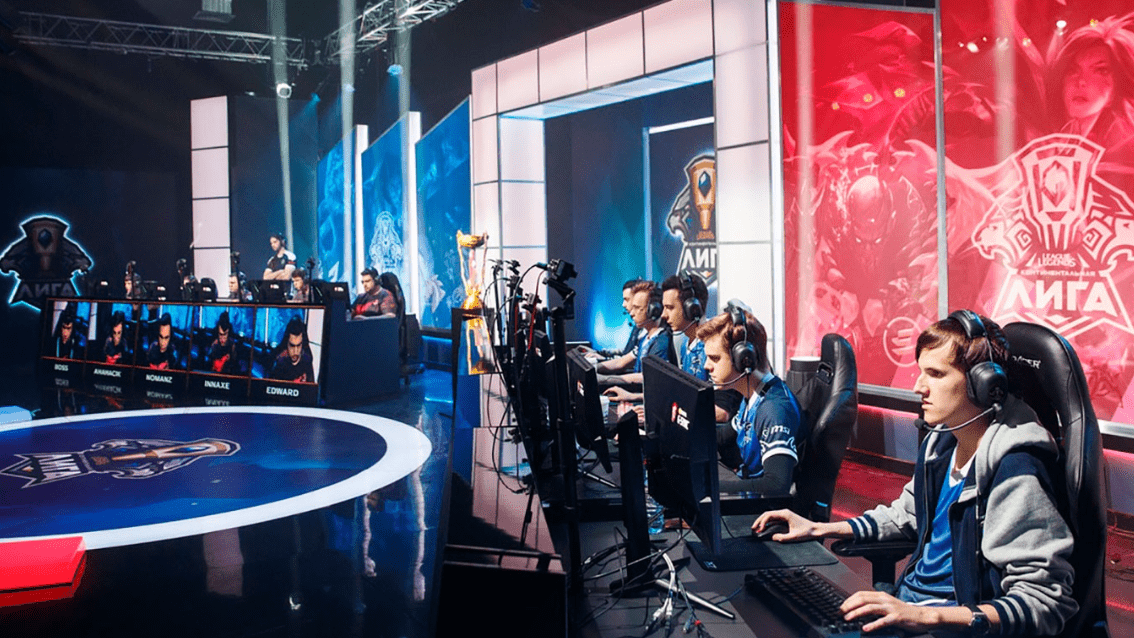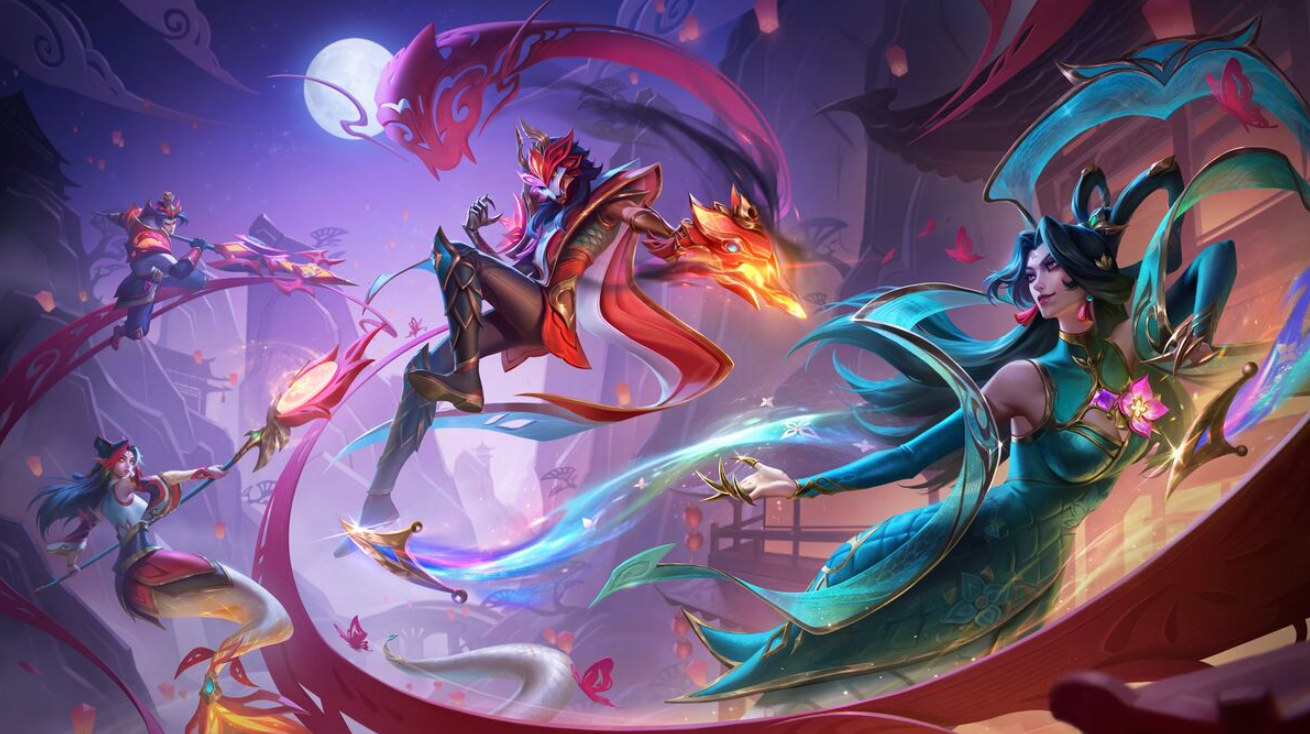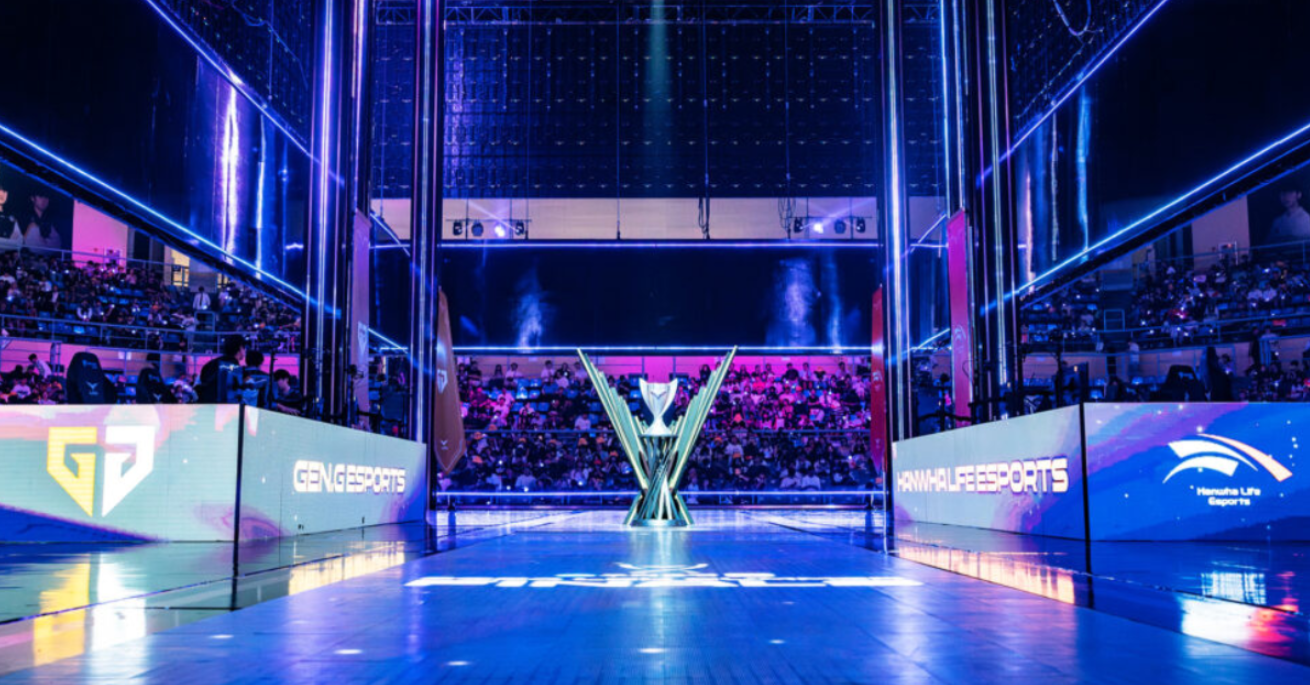Riot Games Disrupts League of Legends Franchise Business Model
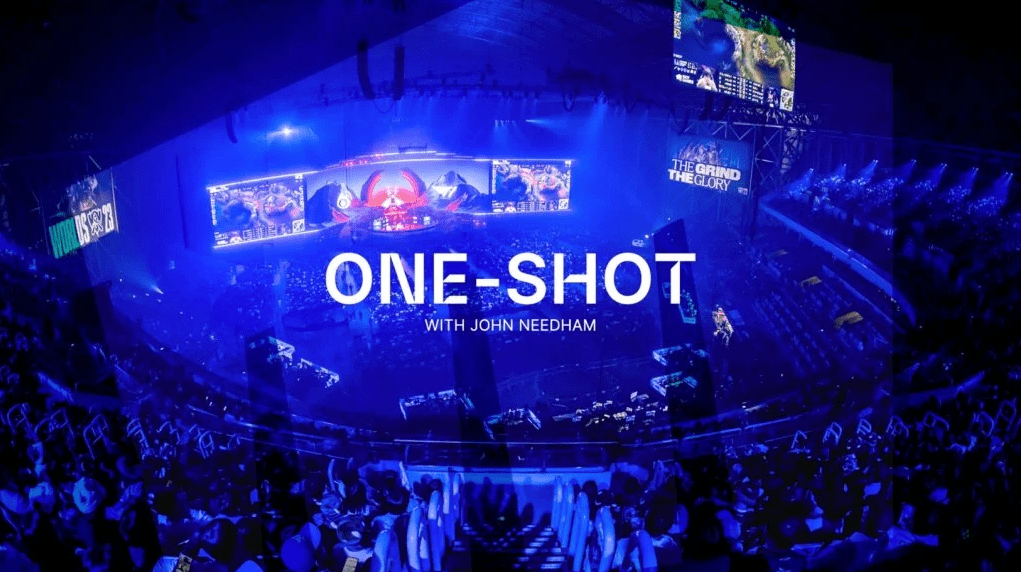
Game developer and publisher Riot Games is shaking up the business model for franchised League of Legends teams. In a recent blog post by John Needham, President of Esports at Riot Games, the company outlined significant changes aimed at generating more revenue for teams and reducing reliance on sponsorships during a challenging period for the industry. Under the new model, the focus will shift from sponsorship revenue sharing to sharing proceeds from in-game digital purchases. This strategic shift recognizes the potential of monetizing the game’s vast player base and their engagement with in-game content. By tapping into this revenue stream, teams will have a more sustainable financial foundation and greater control over their financial destiny.
The changes will impact teams in key regions, including the LCS (North America), LEC (EMEA), and LCK (Korea). However, Riot Games is still in discussions with the LPL (China) to determine how their business model may evolve. This bold move by Riot Games reflects their commitment to the long-term success and stability of the League of Legends esports ecosystem. By diversifying revenue streams and reducing reliance on external sponsorships, teams will be better equipped to weather industry fluctuations and continue to compete at the highest level. Overall, this strategic shift represents a significant milestone in the evolution of the League of Legends franchise business model, ensuring a more sustainable future for teams and the overall esports landscape.
Table of Contents
Riot Games’ Reshaping of League of Legends Esports Business Model
Riot Games has recently announced a comprehensive and ambitious plan to reshape the business model for franchised teams in the League of Legends (LoL) esports ecosystem. The company’s vision entails the creation of a Global Revenue Pool (GRP) that will play a central role in generating revenue and allocating it among teams based on various factors. Under this new model, a significant portion of revenue will be derived from digital LoL Esports content, including in-game purchases. Riot Games aims to harness the immense popularity and engagement of the game’s player base to drive financial support for the teams. By capitalizing on the revenue potential of in-game digital purchases, the company hopes to provide teams with a more sustainable and diversified income stream, reducing their reliance on traditional sponsorships. The GRP will distribute revenue to teams based on a three-tiered allocation structure. Fifty percent of the GRP revenue will be allocated equally among global tier 1 teams, ensuring a fair distribution of funds. Another 35% will be allocated based on competitive performance, divided into two separate pools. One pool will consider regional league standings, while the other will factor in international event placements. This allocation mechanism incentivizes teams to perform well and compete at the highest level, driving their financial success.
The remaining 15% of GRP revenue will be dedicated to a concept called “Fandom Shares.” This innovative approach aims to reward teams for cultivating strong and passionate fan bases. However, Riot Games has not yet provided explicit details on the specific criteria for measuring fandom and distributing these shares. Nevertheless, this initiative underscores the company’s recognition of the importance of fan engagement and the value it brings to the overall esports ecosystem. In addition to the GRP revenue, Riot Games plans to provide teams with a fixed stipend. This stipend serves as a foundational financial support system to ensure teams have a stable base income. While the new model moves away from sponsorship revenue sharing, Riot Games has committed to contributing 50% of other direct revenues, such as sponsorships and media rights, once the company recovers its annual investment in LoL Esports. This commitment demonstrates Riot’s dedication to supporting teams and fostering a sustainable financial environment. Furthermore, Riot Games intends to increase the revenue share percentage that teams receive from LoL Esports digital content. Although the exact figure has not been disclosed, this development signifies the company’s commitment to providing teams with a more significant portion of the revenue generated from digital content. This increase in revenue share, coupled with plans for upcoming digital product releases, highlights Riot’s focus on maximizing engagement and revenue potential within the esports ecosystem.
Riot Games draws inspiration from its successful VALORANT esports model, which employs a “partner team” system. In this model, partnered teams receive a share of the revenue generated from in-game esports item sales. The VALORANT system has proven to be lucrative, with teams collectively earning $33 million from in-game item sales in 2023 alone. This successful precedent has influenced Riot’s direction in reshaping the League of Legends esports business model. The proposed changes to the business model are aimed at creating long-term sustainability for both teams and the overall LoL Esports ecosystem. Riot Games seeks to establish a financial framework that aligns the interests of esports organizations and the league itself. By moving away from the traditional model of competing for limited sponsorship money, Riot aims to foster collaboration and shared incentives among teams and the league, ultimately driving the growth and success of the LoL Esports ecosystem. While these changes bring significant potential benefits, there are still details to be clarified and potential challenges to address. Riot Games acknowledges the need for ongoing collaboration and communication with teams and stakeholders to ensure a smooth and successful transition to the new business model. As the esports industry continues to evolve and mature, Riot Games’ proactive approach to adapt the business model reflects its commitment to the long-term success and sustainability of the League of Legends franchise.
Riot Games’ Revenue Model Change: Navigating the Esports Landscape
This shift in the revenue model comes at a time of uncertainty for organizations that have grappled with the challenge of generating sustainable revenues during the ongoing “esports winter.” Needham acknowledged the hardships that teams have been facing, compounded by the weighty burden of League of Legends’ franchise buy-in fee, which amounts to approximately $10 million. However, he also emphasized in his post that claims of esports facing an “imminent demise” have been greatly exaggerated. He pointed to the escalating viewership that LoL Esports has witnessed in past seasons as evidence of its enduring popularity. Needham expressed his unwavering commitment to delivering unforgettable gaming experiences, underscoring Riot Games’ unmatched investment in esports within the industry. He highlighted the fact that LoL Esports currently holds the coveted position of being the number one esport globally, boasting a passionate community, prestigious teams, top-tier players, and an unparalleled legacy. Needham outlined the company’s intentions to expand and solidify this position, ensuring its longevity for both current and future players.
He emphasized that there will be ongoing changes and adjustments along the way, all with the overarching goals of enhancing the quality of their games, better serving their players, and achieving sustainability across the entire ecosystem for Riot Games and their partners. This latest blog post from Needham arrives ten months after his previous entry in the One Shot series. In that earlier post, he delved into Riot Games’ philosophy and approach to esports, providing insights into the company’s overarching vision and strategies. The current post builds upon that foundation, highlighting the continued dedication of Riot Games to the esports realm and its unwavering commitment to driving the industry forward.
As the esports landscape continues to evolve, Riot Games remains steadfast in its pursuit of excellence and innovation. With its robust investment, passionate community, and unrivaled legacy, LoL Esports is poised to thrive in the face of challenges and emerge stronger than ever. Through ongoing adaptations and a focus on sustainability, Riot Games aims to solidify its position as a leader in the esports industry, continually pushing boundaries and delivering exceptional experiences for players and fans alike.
